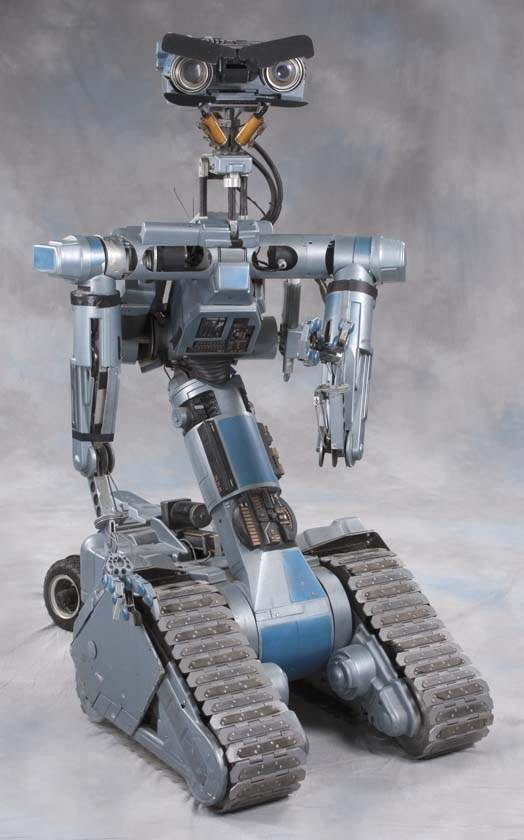One person was killed and five others wounded in Syria after Iran-backed militias used a drone to attack a United States military base. Media from NBC to the Associated press described the weapon as a “suicide drone.” Another term, less frequently used but just as evocative, is “kamikaze drone,” though the Middlebrow would only use that for remote killing machines that are chilled, mixed with vodka, lime and triple sec and strained before serving.
Is the drone an ideological extremist, eager to die for its cause? Does the drone regret that it has but one life to give for its country? Is the drone depressed, self-destructive or otherwise in need of medication? Was it created as a suicide drone or did it become one over time?
The official terminology is “loitering munition,” meaning that the drone hangs out in an area where there is something to kill and destroy and then acts on the opportunity, guided sometimes by human remote control and other times by algorithm. That the media has chosen to personify these flying bombs by implying they have lives to sacrifice in suicide is disturbing.
Of course drones have no lives to give up, for a cause or otherwise, but if we were to draw a metaphor here, drones would reincarnate like iPhones — their memories, their “souls” are uploaded to the cloud and can then be downloaded to other hardware, as needed, to live again forever. When a Russian fighter downed a U.S. surveillance drone over the Black Sea, the drones handlers wiped its memory to prevent the Russian military from accessing it. With its memory removed, that brave little robot soldier had no idea why it had made the ultimate sacrifice.
I joke, but the idea that these weapons have human qualities, which will only spread further as these devices are endowed with virtual intelligence and autonomy, seems to have a lot of implications for how we think about war and peace.
For example, is an attack on an unmanned drone an act of war, that must be answered the way an attack on a person might be? Or is it an act of vandalism, to be shouted over but never escalated?
If we anthropomorphize our drones, will we be more of less likely to engage in endless warfare, if they are the primary or sole combatants? During the Viet Nam War, hippies in the U.S. used to muse, “What if we gave a war and nobody showed up?” This is conceivably possible now, as mechanized forces will one day battle over territory, making the expenditure of resources a larger priority than the human toll of conflict. But would that be an improvement or just license for further conflict and tribalism?
Military jargon tends to find its way into wider society, whether it’s the comical observations from a novel like Catch-22, which gave us a world like FUBAR or whether it’s just business people who think that using military terminology for office tasks lends a sense of tactics and urgency to their lives. The urge to play soldier is far easier to indulge, and far more common, than the urge to be a soldier.


